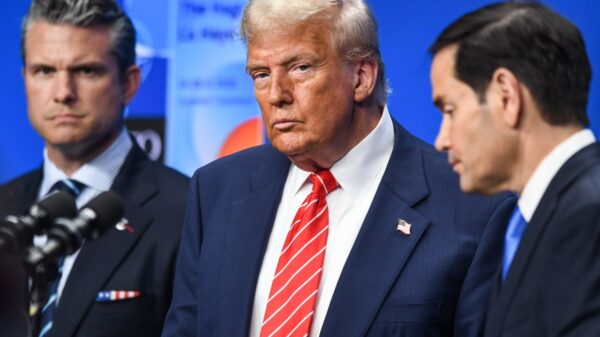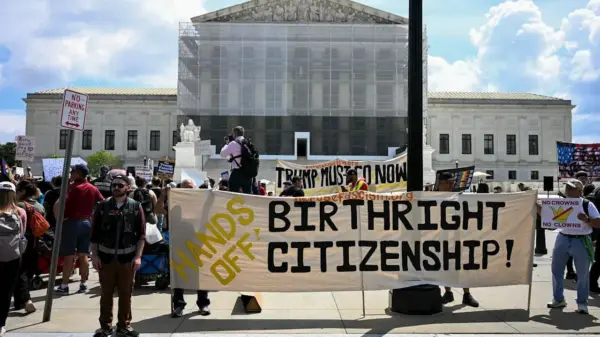Kash Patel, the head of the FBI, sparked controversy on Saturday after he stated, “The conspiracy theories just aren’t true,” in reference to the ongoing speculation surrounding Jeffrey Epstein. This statement, made on social media platform X, ignited a wave of backlash from supporters of former President Donald Trump, often referred to as MAGA supporters. The FBI’s recent disclosures indicate that Epstein, who was convicted for child sex crimes, died by suicide, dismissing claims of a larger conspiracy involving a list of powerful individuals.
In his post, Patel emphasized his commitment to serving Trump, stating, “It’s an honor to serve the President of the United States Trump — and I’ll continue to do so for as long as he calls on me.” His comments, however, did not sit well with many. Political strategist Cheri Jacobus responded sharply, labeling Patel a “disgusting piece of crap, a traitor, liar, criminal and horrible person.” She further suggested that he might be “likely severely mentally ill.”
Political analyst Rachel Bitecofer remarked, “You would think this would be the rock that shatters the MAGA glass house,” criticizing the narrative surrounding Epstein’s connections. She added that those involved “lied to you to get rich. None of it was ever true.”
The fallout from Patel’s comments continued with conservative commentator Brigitte Gabriel demanding clarity on which conspiracy theories Patel was disputing. She questioned, “Did Jeffrey Epstein act alone?” This line of inquiry reflects a broader skepticism among some factions regarding the FBI’s handling of Epstein’s case.
A statement from a libertarian account known as the Paulist Republican suggested that Patel’s reassurances were insufficient. The account claimed, “You don’t get to pat yourself on the back while the most powerful pedophile ring in modern history stays buried under your watch.” The user criticized the perceived lack of action on the Epstein case, stating, “Trump said he’d expose the swamp; instead, we got silence, sealed files, and political theater.”
The situation escalated further when popular influencer known as Onion Person challenged Patel directly, accusing him of being implicated in the “Epstein files.” This accusation highlights the ongoing tension between conspiracy theorists and those in positions of power.
As the discourse surrounding Epstein continues to evolve, Patel’s remarks have opened up a new chapter in the contentious dialogue about accountability and transparency within political circles. The response from both supporters and critics illustrates the deeply polarized views on this subject, with many demanding further investigation into Epstein’s extensive connections.
The implications of these discussions reach beyond the individual statements, reflecting broader societal concerns about justice, power dynamics, and the need for transparency in high-profile cases. As this story develops, it remains to be seen how Patel and others in similar positions will navigate this complex landscape.





































































